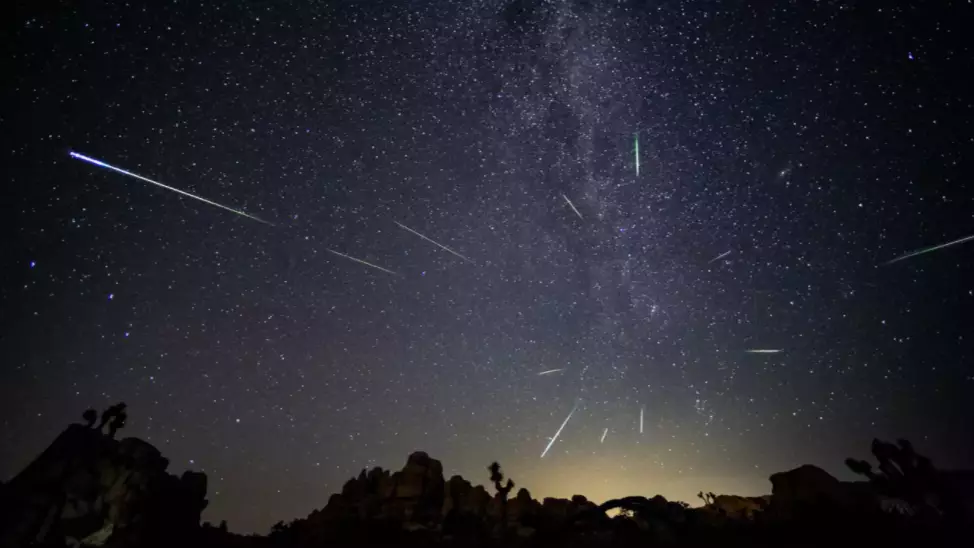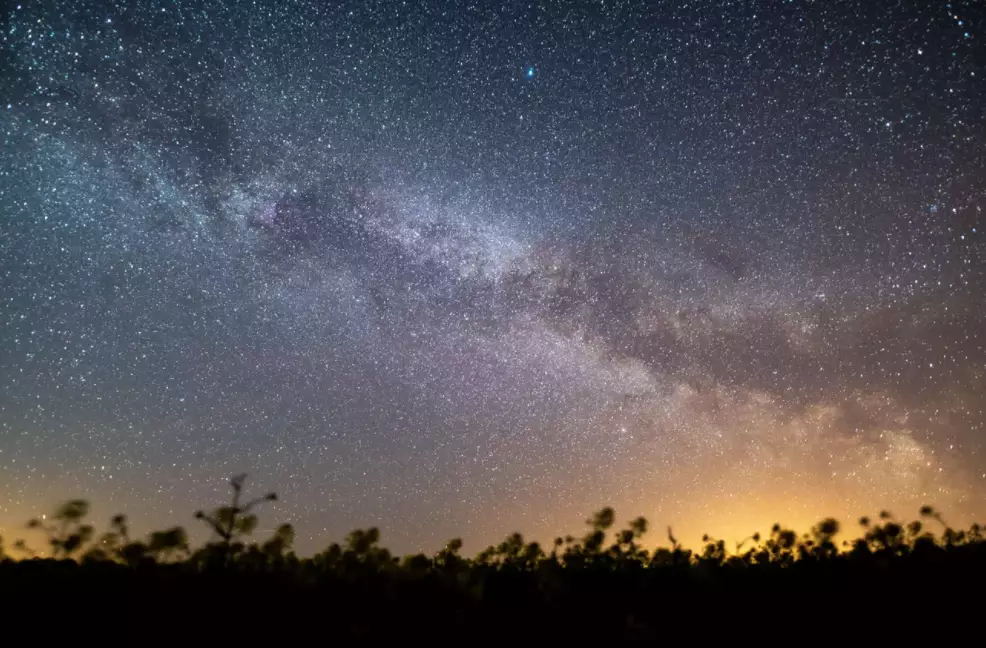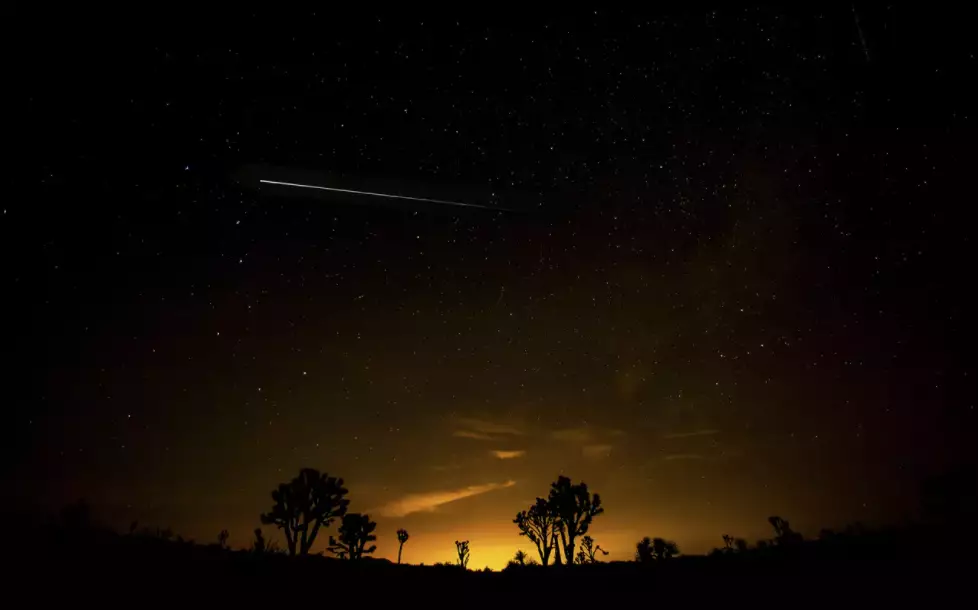
Stargazers are in for a treat this week, as the Leonid meteor shower will peak on Monday (16 November).
Upto 20 shooting stars are expected to be visible per hour, with the Leonids known as one of the most impressive of the annual meteor showers.
The fast, bright cosmic display comes from the comet known as Tempel-Tuttle, as the meteors appear to stream from the head of the constellation Leo - giving it its name.

It's been going all month, but will peak on Monday going into Tuesday. The streaks that we see in the sky can be caused by pieces of space debris as small as a grain of sand. They burn up as they enter the earth's atmosphere and can travel at speeds of up to 70 kilometres per second.
Advert
And according to space agency NASA, you don't necessarily need to wait up all night or haul yourself out of bed, you can still see the from around 9pm local time - although you'll be likely to see less at that point.
If you're lucky enough to have less cloud cover in your area, the best way to see them is to pick a spot away from bright lights, lay down on your back and look up.
You don't need any specialist equipment - in fact, telescopes and binoculars are not recommended because they have a small field of vision.
The team at NASA also point out that it takes about 30 minutes for your eyes to become fully adjusted to the dark, which will make it much easier to see them.
Advert
You're also advised to try to stay off your phone as well - looking at bright screens can affect your night vision, meaning you'll be less likely to see them.

If the weather isn't playing ball, you still have the chance to see some shooting stars before the end of the year, if you're in the northern hemisphere.
In December, we're expecting the Geminid meteor shower - this should be visible between 7-16 December. It will peak between 13-14 December and is caused by the 3200 Phaethon asteroid.
Advert
Another one to look out for is the Ursids. This meteor shower is a bit more low key than the others but if you get a clear night, you might be able to catch 5 to 10 meteors per hour between 17-26 December, with the peak expected on 22 December.
Featured Image Credit: PATopics: UK News, Interesting